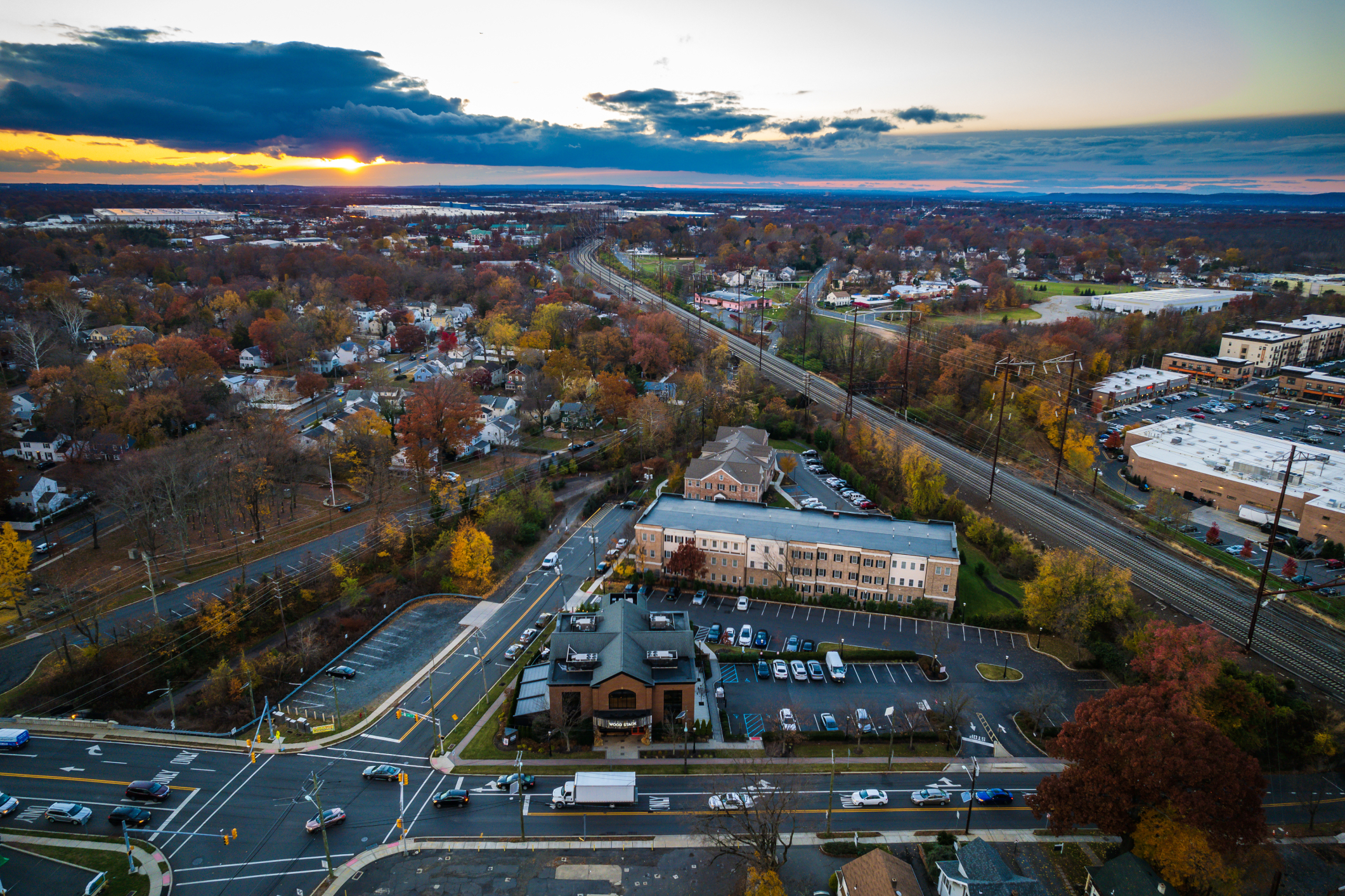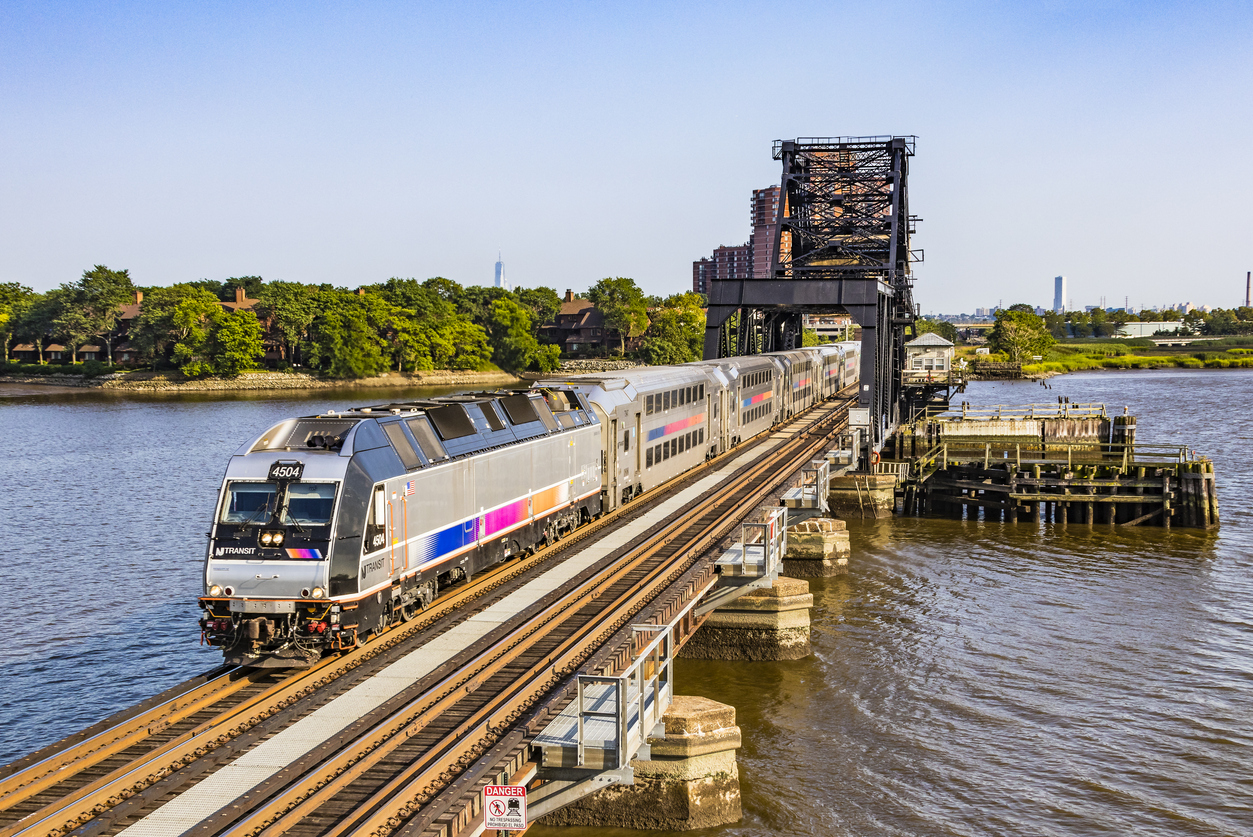
Transforming NJ Transportation Infrastructure
Healthy, safe, resilient, and carbon-neutral transportation has become a policy priority at both the national and state levels. By embracing this policy alignment along with a massive investment in transportation, land use, and mobility infrastructure, decision-makers can support mobility options to promote healthier communities in New Jersey.
Working with Rutgers’ Voorhees Transportation Center, this project will demonstrate how a comprehensive, multi-goal transportation planning and policy framework can be used to achieve carbon-neutral transportation that also provides healthy, just, efficient, and resilient mobility for all New Jersey residents.

Transportation Changes during the COVID-19 Pandemic
The COVID-19 pandemic has had major impacts on how people work, travel, and engage in commerce. The NJ Policy Lab will partner with the Alan M. Vorhees Transportation Center at the Edward J. Bloustein School of Planning & Public Policy at Rutgers-New Brunswick in conducting and analyzing two rounds of surveys to better inform state and local policymakers on how this change in consumer behavior will affect real estate, public transit, and commerce.
In collecting and analyzing data that documents reported changes in travel patterns, on-line shopping, and perceptions of street closures and outdoor dining, the main objective is to track these changes over time with the aim of determining whether these changes persist. Understanding these potential changes will help policy makers and planners at the state and local level find solutions to deal with any major changes, if they continue.

Eliminate Pedestrian Fatalities in New Jersey
Pedestrian deaths were at a 41-year high in 2022, with more than 7,500 killed in the U.S. According to the National Highway Traffic Safety Administration (NHTSA), New Jersey consistently ranks in the top half of states with the highest pedestrian fatality rate per capita. This project is conducting a comprehensive analysis of the causal factors associated with pedestrian fatalities in New Jersey with the aim of informing the proposed New Jersey Target Zero Commission (AB4296). The recently passed federal transportation bills (BIL and IIJA) will be providing funding to the states to help achieve these goals, but it is critical that the money is spent on actions that lead to consequential reductions in fatalities.
This project is using both New Jersey’s Safety Voyager crash data and NHTSA’s Fatality Analysis Reporting System (FARS) to evaluate pedestrian fatalities over at least the last five years and is addressing multiple angles of transportation safety: urban street design, motor-vehicle design, and equity. Researchers are critically investigating factors that lead to fatal crashes to come up with multi-faceted policy recommendations that will support Vision Zero initiatives.

Public Transportation in Camden County
Though progress has been made, public transportation access continues to be a policy issue of concern for residents across the Southern New Jersey region. Existing research from The Senator Walter Rand Institute at Rutgers-Camden has documented Camden County residents’ public transportation challenges and barriers.
This project is taking these findings one step further to identify community priorities and policy recommendations to address gaps identified in the data for Camden County. This study will support targeted, community-based, and informed transportation-related decision and policymaking in an area of disproportionate need.
